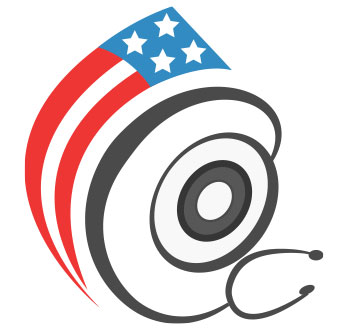Clomid is used to treat infertility in women. It increases the production of hormones that cause the ovaries to release one or more eggs. Clomid is not useful if you are going through or have reached menopause.
How does Clomid work?
Clomid influences the way the four hormones required for ovulation, GnRH, FSH, LH, and estradiol, relate and interrelate. It makes the body think that estrogen levels are low. This causes a part of the brain to produce and release extra GnRH (gonadotroping-releasing hormone) which then causes the pituitary to produce and release extra FSH (follicle-stimulating hormone) and LH (luteinizing hormone). The end result should be the release of one or more mature eggs.
How to use Clomid
Clomid is taken orally for five days early in your menstrual cycle. The initial dose is 50mg for 5 days and then ovulation should follow 8 to 10 days later. Once ovulating, most pregnancies occur in the first 6 cycles of treatment. Your doctor may increase the dose if pregnancy does not occur.
A blood test and/or a pelvic scan may be performed shortly before prescribing Clomid to rule out any uterus /ovary problems. The same tests will also be given after the first dose of Clomid to make sure it’s working and that no ovarian cysts have developed.
If you have not had a period following Clomid by day 35 then you are either pregnant or ovulation has failed.
Before taking Clomid tell your doctor if you have depression, endometriosis, polycystic ovarian syndrome, or uterine fibroids. Your doctor will also need to know if you are taking any prescription drugs, supplements, or over-the-counter drugs.
Do not use Clomid if you:
- have a history of liver disease;
- have kidney problems;
- have liver problems;
- have a fluid collection in the lungs and stomach;
- have ovarian cysts;
- are pregnant;
- are allergic to any ingredients in Clomid;
- have abnormal vaginal bleeding;
- have ever had blockage of blood vessels (blood clots) in the legs, lungs, or other parts of the body.
There may be other reasons why Clomid should not be taken. Please contact your doctor for more information.
Side Effects of Clomid
- mood swings
- hot flashes
- breast tenderness / enlarged breasts
- thinning of the uterine lining
- pelvic pain or bloating
- headache
- enlargement of the ovaries
Get medical help right away if any of these severe side effects occur:
- severe allergic reactions (rash; hives; itching; difficulty breathing; tightness in the chest; swelling of the mouth, face, lips, or tongue)
- increased risk of cancer of the ovaries
- overstimulation of the ovaries
- spontaneous abortion
DoctorSolve Healthcare Solutions Inc., a Canadian Internet-based pharmacy intermediary (license #BC X23), offers low cost, long-term prescription drugs. A professionally registered pharmacist fills all Canadian prescriptions. A certified member of the Canadian International Pharmacy Association, DoctorSolve is ranked as one of the best Canadian pharmacies online . DoctorSolve has filled more than 200,000 U.S. prescriptions.
For more information on how to order Canada drugs safely and securely call 1-866-732-0305 or visit https://www.doctorsolve.com/ – a trusted and reliable Canadian online pharmacy since 1999.





